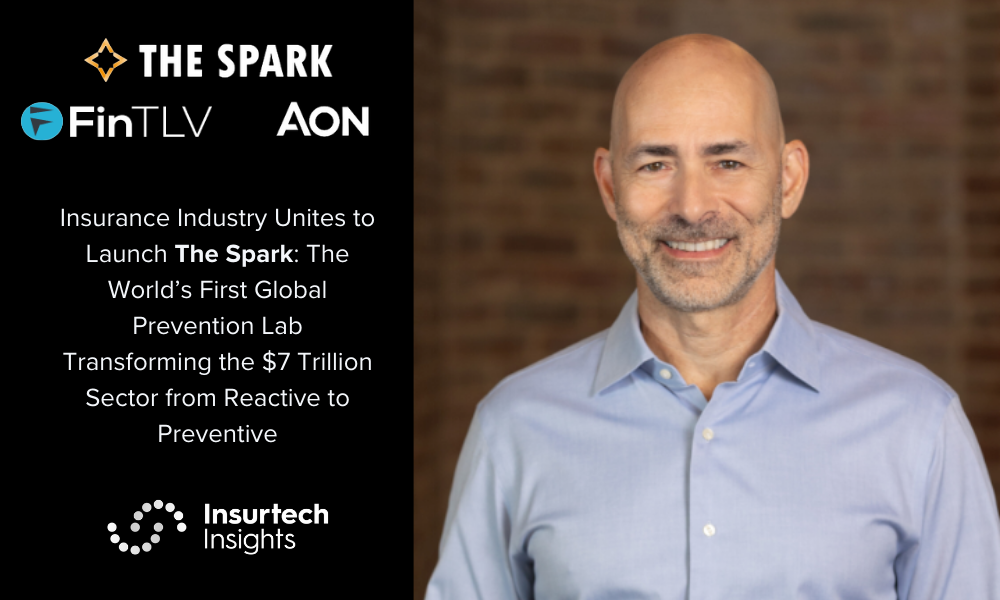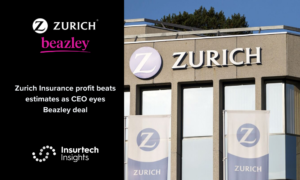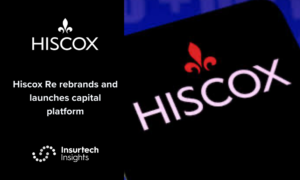The initiative is designed to shift the industry’s focus from paying losses after they occur to preventing them before they happen, transforming risk into profitable growth.
The launch reflects urgent pressures facing insurers worldwide. Catastrophic losses driven by climate change have reached record levels, cyber threats are escalating, and social inflation continues to undermine traditional pricing models. With global insurance premiums now exceeding $7 trillion annually and natural catastrophe losses at a record $145 billion, the industry faces unprecedented challenges. The Spark aims to address these issues by creating an execution-focused prevention lab that develops practical tools, technologies and services with measurable outcomes.
Aon serves as the founding member, joined by Generali, QBE Ventures and others, representing collective premium volumes of more than $300 billion. The Spark’s model distinguishes itself from traditional innovation hubs through an execution-first approach, prevention-centric design, global scale and a structured outcomes engine that moves projects from pilot to full market launch. Its advisory board includes senior executives and C-suite leaders from founding members, with more expected to join by year end.
“The insurance industry has reached a turning point,” said Gil Arazi, Founder and Chairman of The Spark. “For too long, we have focused on paying claims after losses occur, yet as an industry that touches every policyholder’s life, we have a responsibility to drive meaningful impact beyond claims payment. The Spark brings together major insurers to create business infrastructure that makes prevention both financially viable and socially impactful.”
Industry leaders echoed this vision. Sherif Zakhary of Aon said the initiative builds on Aon’s long-standing focus on helping clients anticipate and prevent risk. Danilo Raponi of Generali described prevention as the future of protection and praised The Spark’s ecosystem approach. Lynn Thompson of QBE Ventures added that the prevention-first model offers opportunities to co-develop solutions that could fundamentally redefine insurance’s role in society.
Analysts project that prevention-focused insurance models could significantly reduce global catastrophe losses. Deloitte estimates that fee-based prevention revenue for US property and casualty insurers could grow from $21.6 billion in 2023 to $49.5 billion by 2030.
The Spark will operate through strategic technology projects, venture building, premium market intelligence and an advisory board of senior leaders. With more insurers expected to join before year end, the initiative is positioned as the most collaborative and transformative platform in the industry, built to deliver long-term benefits for insurers, customers and society.









